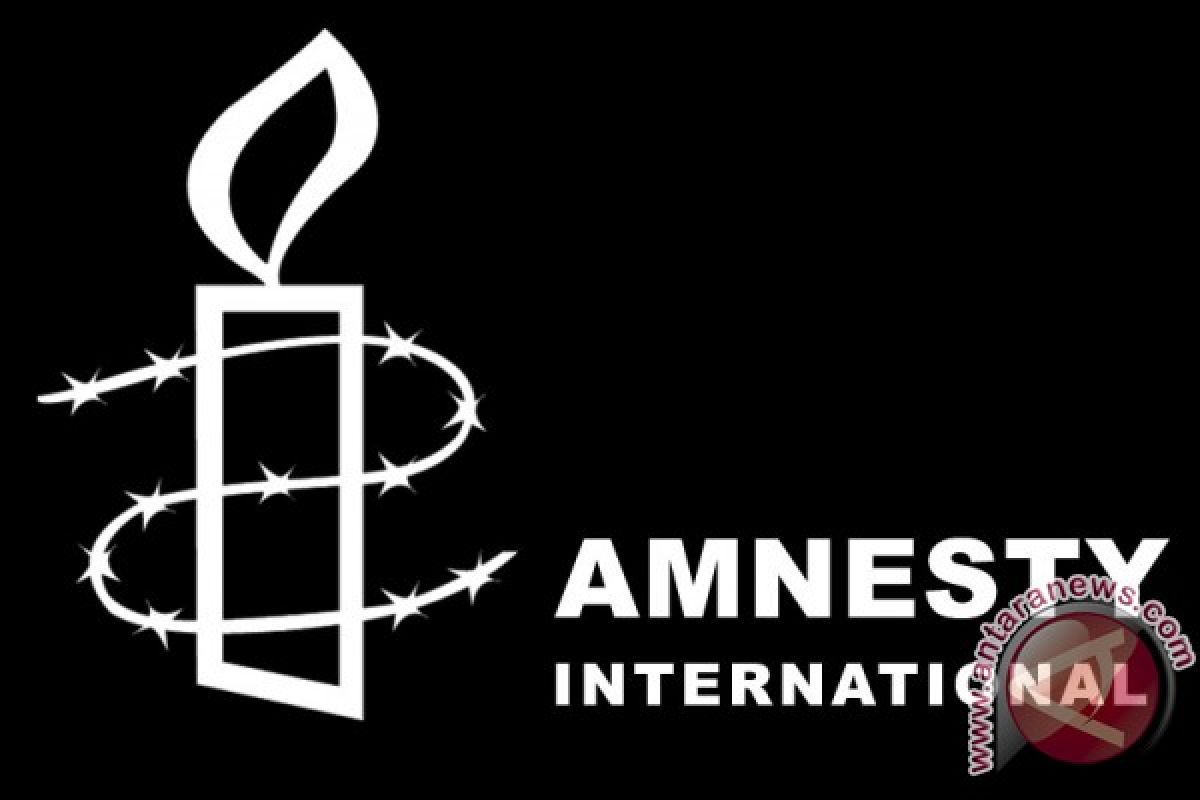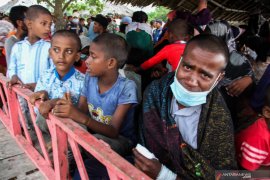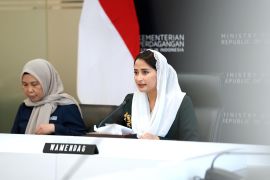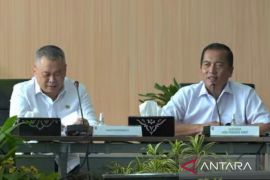The past decade has been marked by only patchy progress on human rights, and even regression in some areas."Jakarta (ANTARA News) - Indonesias next leader must urgently tackle the ongoing human rights violations and repeal repressive and discriminatory laws, UK-based international NGO Amnesty International said in a press statement on Tuesday.
"It is disappointing that during the campaigning period the candidates have so far mostly ignored human rights. Indonesia has come a long way over the past decade, but there are still serious challenges remaining which the candidates should address," said Rupert Abbott, Amnesty Internationals Deputy Asia Pacific Director.
There have been some human rights improvements during President Yudhoyonos administration (2004-2014), including the introduction of new human rights regulations for policing as well as legal reforms which strengthen witness protection.
Indonesia has also played an important role in the establishment of the ASEAN Intergovernmental Commission on Human Rights (AICHR), a body which could play a powerful role in enforcing rights standards across the region.
But serious violations have continued, ranging from suppression of freedom of expression and torture or other ill-treatment by the security forces, to almost complete impunity for crimes under international law committed during the Suharto era and the period of reform that followed. Further, executions resumed in Indonesia in 2013 after a four-year hiatus.
Although Indonesia has signed key international treaties guaranteeing rights protections, in most cases they have not been incorporated into domestic law or implemented in policy and practice.
"Indonesia's next president must go beyond paper promises and ensure that the daily reality in the country matches its lofty international commitments," said Rupert Abbott.
"The past decade has been marked by only patchy progress on human rights, and even regression in some areas."
In particular, the freedom of expression has deteriorated in recent years, and Indonesia's next president must work to amend or repeal legislation that is used to criminalize peaceful political activities.
More than 70 people, mainly activists from the eastern provinces of Papua and Maluku, are currently in prison for "rebellion" (makar) for taking part in peaceful political protests or raising banned independence flags. A 2007 regulation banning "separatist" flags has led to scores of arrests.
Harassment and attacks on religious minorities also increased under President Yudhoyonos administration, fuelled by discriminatory laws at both the regional and national level.
The minority Ahmadiyya community is prohibited from promoting its activities and teachings in many parts of Indonesia. The group has been the target of frequent attacks across the country in recent years, and there are credible reports that local government officials have sometimes allied with hardline religious groups to threaten or harass Ahmadiyya members into renouncing their beliefs.
"As long as discriminatory laws against religious minorities are in place, the violence and harassment which groups like the Ahmadiyyas face are effectively state-sanctioned. The new government must urgently work to repeal all laws which threaten freedom of religion or expression," said Rupert Abbott.
Women and girls continue to face barriers in exercising their rights, and there are laws and regulations which discriminate against women. The government has also failed to prohibit and take effective and appropriate action to eliminate practices which are harmful to women and girls, such as female genital mutilation, and impose appropriate criminal penalties on those who perform such acts.
(Tz.A051/KR-BSR/A014)
Editor: Priyambodo RH
Copyright © ANTARA 2014










